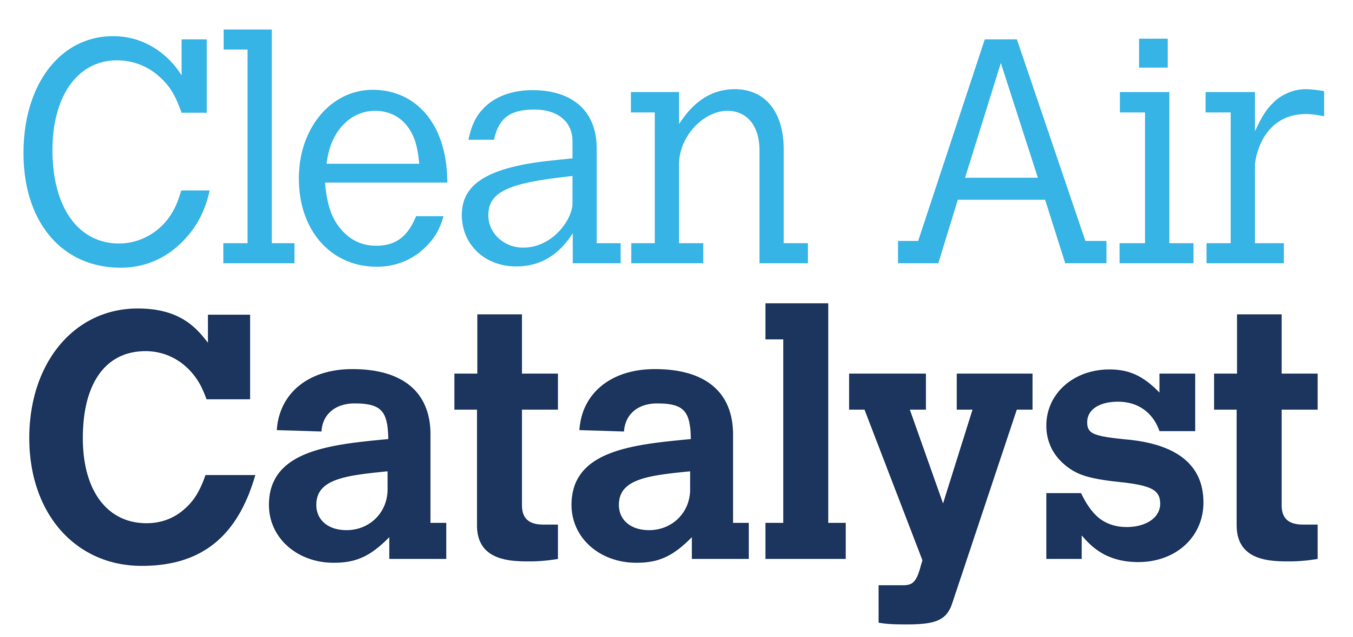How Can Citizen Science Help Solve Air Pollution
By Elizabeth Moses and Amelia Flack, WRI, June 15, 2022
During this year’s citizen science conference, C*Sci 2022, Elizabeth Moses, Gender and Equity Lead for Clean Air Catalyst, had the opportunity to introduce her new working paper, Clean Air Action: Applications of Citizen Science to Identify and Address Air Pollution Emission Sources.
Citizen science initiatives that successfully integrate and emphasize a shared understanding of air pollution sources help identify new hyperlocal causes of pollution and strengthen air quality regulatory compliance and enforcement action. The research presented in Clean Air Action develops a citizen science typology based on 33 case studies and offers seven key insights into how sources of air pollution are addressed in citizen science case studies.
The annual C*Sci conference aims to explore methods of promoting citizen science to support equity, inclusion, and diversity. Conference attendees represented a wide range of community stakeholders including academics, policymakers, scientists, and community representatives, a consortium that mirrors the network of individuals that support the efforts of Clean Air Catalyst. This venue was ideal for discussion of how citizen science can best be integrated into the Clean Air Catalyst’s community-driven, data-to-impact approach for mitigating global air pollution. Moses’ research was summarized in an academic poster and was the topic of a group discussion during a conference breakout session.

